Invited talks COSI - 2025
- Cybersécurité et Intelligence Artificielle : nouvelle frontière de la cyberdéfense.
- A critical view of the contribution of AlphaFold, the deep learning approach of the recent Nobel Prize in Chemistry
- Neuro-Symbolic Explainer for Rare Events
- Smart Agriculture — Impact of Machine Learning and Cyber-Physical Systems on Digital Agriculture
- Explainable AI: Making Artificial Intelligence Transparent and Trustworthy
- Models for deadlock avoidance in railways
Kamel Adi ,
Alexandre de Brevern,
Joao GAMA,
Mohand Tahar Kechadi,
Francisco Martinez Alvarez,
Gianpaolo Oriolo,
Cybersécurité et Intelligence Artificielle : nouvelle frontière de la cyberdéfense.
Holds a master’s degree in Theoretical Computer Science from Pierre et Marie Curie (Paris VI) University and a Ph.D. in Computer Security from Laval University, Quebec, Canada. He is currently a full professor in the Department of Computer Science and Engineering at the University of Quebec in Outaouais, Canada. Kamel Adi is also the co-director of the Computer Security Research Laboratory at Université du Québec en Outaouais, Canada. His research activities focus on the development and application of formal methods for solving problems related to computer security and computer networks. 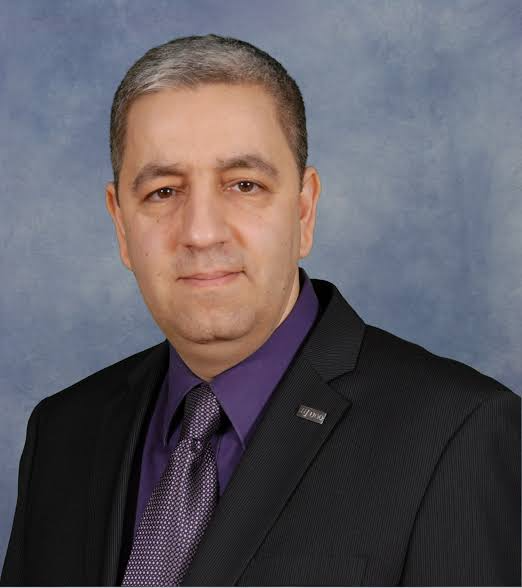
Kamel Adi.
Université du Québec en Outaouais, Canada.
A critical view of the contribution of AlphaFold, the deep learning approach of the recent Nobel Prize in Chemistry
Trained as a Cell Biologist, Alexandre G. de Brevern is a Structural Bioinformatician from Université Paris Cité. Senior Researcher at the French National Institute for Health and Medical Research (INSERM), he is the head of DSIMB, the Bioinformatics team of BIGR unit (12 permanent researchers located in Paris and Saint-Denis de la Reunion). He has two main axes of researches: (i) developing innovate methodologies useful for the scientific community and (ii) specific application to proteins implicated in diseases and pathologies, mainly linked to haematology and transfusion.
Concerning the first axis, he provided 20 tools, webservers and databases. He is a recognized specialist of protein local conformations e.g. extension of definition of beta-turn classes. He is the designer of the most important structural alphabet able to approximate protein structures, the Protein Blocks. PBs have been used to analyse protein structures, protein dynamics, disordered proteins, binding sites, protein superimposition and prediction.
For prediction purposes, he uses biostatistics and learning approaches ranging from Bayesian approach, to Artificial Neural Networks, Support Vector Machines and Deep Learning.
Concerning the second axis, he used structural modelling and molecular dynamics to analyse Red Blood Cell and platelet proteins. He is specialized in transmembrane proteins and protein implicated in blood group transfusion.
He also extended his work to drug design with collaborations with companies and NGS. He had authored more than 180 publications and one book, is editor in 8 peer-reviewed journals. He is implicated in numerous scientific societies, being awarded by French Molecular Modelling group award and Prix Maurice Nicloux award (SFBBM). He is involved in many institutes evaluation in France, Czech Republic and Poland and has International collaborations e.g. India, Taiwan, Lebanon and Serbia.
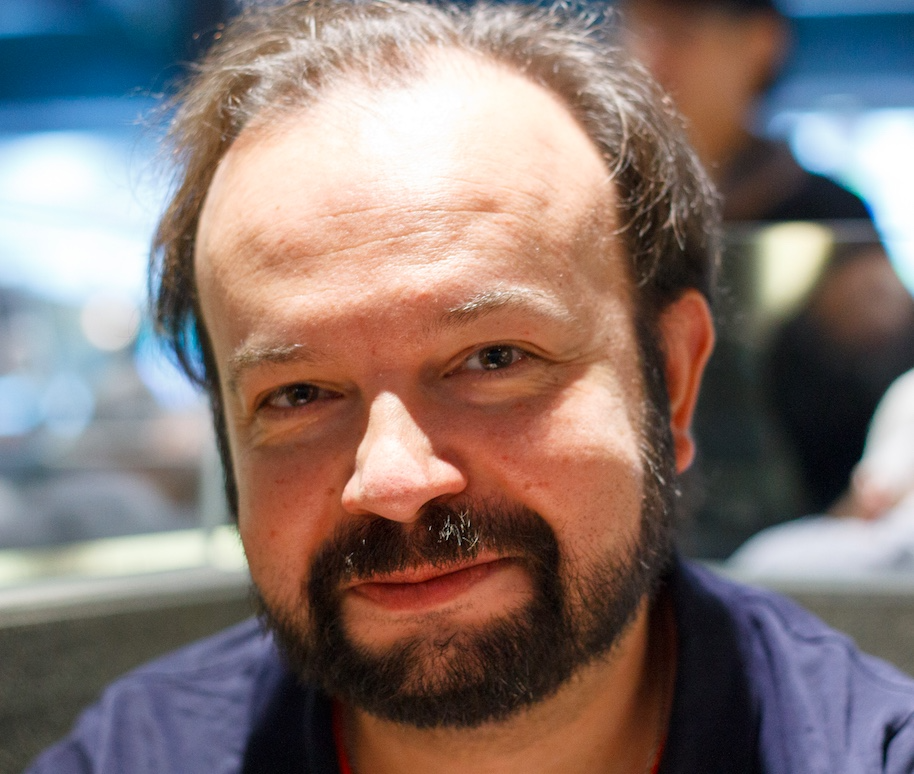
Alexandre de Brevern.
Université Paris Cité, France.
Neuro-Symbolic Explainer for Rare Events
João Gama is a Full Professor at the School of Economics, University of Porto, Portugal. He received his Ph.D. in Computer Science from the University of Porto in 2000. He is EurAI Fellow, IEEE Fellow, and the Asia-Pacific AI Association Fellow. He is a member of the board of directors of the LIAAD, a group belonging to INESC Tec. His main contributions are learning from data streams, where he has an extensive list of publications. He is the Editor-in-Chief of the International Journal of Data Science and Analytics, published by Springer. 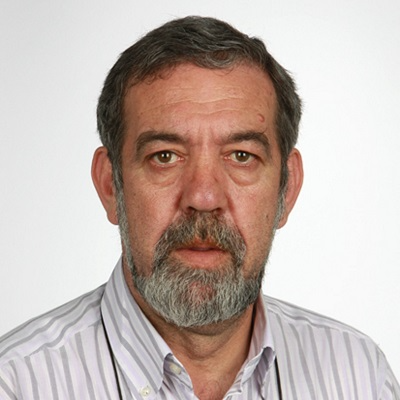
Joao Gama.
University of Porto, Portugal.
IA and Agriculture
Professor M-Tahar Kechadi obtained a PhD and MSc degrees in Computer Science from the University of Lille 1, France. He is currently a full professor of data science at the School of Computer Science, UCD. He is a PI at the Insight Centre for Data Analytics and a PI at the Co-Centre for Sustainable Food Systems.
Professor Kechadi is an AI specialist with extensive experience in machine learning associated with the characteristics of the datasets. Big data will continue to overgrow, underpin new waves of innovation in nearly every sector of the world economy, and reshape the way we build and use computers (hardware and software). Professor Kechadi has contributed to numerous large-scale AI projects, ranging from multimodal data in healthcare to NLP models for fake news detection and digital agriculture. He has published research in top-tier AI journals and conferences and his work in privacy-preserving analytics added an extra dimension to addressing ethical and privacy considerations in tomorrow’s AI development.
He is a regular keynote speaker at international conferences and has been invited to speak at many university seminar series. He has been delivering, on average, three keynotes per year for the last ten years. He has been Chair of many conferences and workshops. He serves on the scientific committees for several international conferences and organised and hosted one of the leading conferences in his area. He established and maintained collaboration with CERN. The collaboration involves student co-supervision, software development and data analysis, and EU project collaborations. He has been a visiting professor at many Universities, including Liverpool, Fuzhou, Artois, Lille, …). He is a visiting professor at the Dalian University of Technology and a member of the Expert Advisory Committee of the Intelligent Cyber-Physical Systems, another area of research where AI technologies are crucial. 
Kechadi Mohand Tahar.
University College Dublin, Ireland.
Explainable AI: Making Artificial Intelligence Transparent and Trustworthy
Francisco Martínez-Álvarez is a Full Professor in the Computer Science Division at Pablo de Olavide University. He has completed up to five long research stays at top universities: Université de Lyon 1 (2008), New York University (2010 and 2024), Universidad de Chile (2012) and Université de Lyon 2 (2017).
His main research lines include time series forecasting, XAI, big data analytics and quantum machine learning, with more than 200 papers published. He has supervised nine doctoral theses and led many research projects, including five national and two international ones. Along with Prof. Alicia Troncoso, he founded the Data Science & Big Data Lab in 2015, at Pablo de Olavide University of Seville.
The commitment to the knowledge transfer to industry is undoubtful. During the last years, he has been the principal investigator in many IoT, machine learning, data mining, and artificial intelligence projects, cooperating with more than 10 companies.
From 2013, he has been holding management positions at Pablo de Olavide University, such as Secretary of the School of Engineering, Head of the Division of Computer Science, General Director for Infrastructures, Campus and Sustainability or Secretary of the Doctoral Programme in Biotechnology, Engineering and Chemical Technology. Moreover, he is currently Associate Editor in Results in Engineering and Big Data journals.
According to Stanford University’s analysis, he has been ranked as one of the world’s top 2% single-year impact scientists in years 2022, 2023, and 2024, and career-long scientist impact in the year 2024. 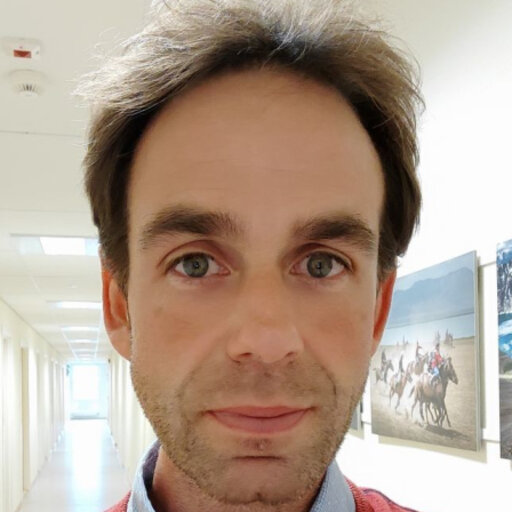
Francisco Martínez-Álvarez.
University of Seville, Spain.
Models for deadlock avoidance in railways
Gianpaolo Oriolo is full professor of Operations Research at Università di Roma “Tor Vergata” where he is currently teaching “Operations Research” and “Game Theory”.
In the past he has been serving as associate professor at “Tor Vergata” as well as visiting professor at other institutions including London School of Economics, Bell Laboratories NJ USA, Technische Universität Berlin, Ecole Polytechnique Fédérale de Lausanne and many others.
Since 2007 he has been serving as Area Editor for "Graphs & Network” at "Operations Research Letters” and is a is co-founder of the "Cargese International Workshop on Combinatorial Optimization”.
Since 2020 he is the scientific advisor for several industrial industrial projects concerning railways optimization for Union Pacific and Siemens.
He is the author or coauthor of about 60 papers in top journals, conferences and books on a range of topics including network optimization, polyhedral combinatorics, integer programming. For his studies he earned an IBM Faculty Award in 2015. 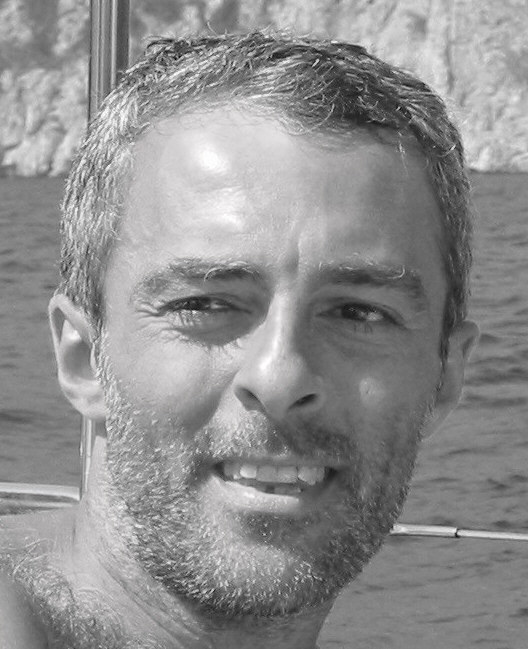
Gianpaolo Oriolo.
Universita di Roma, Italy.